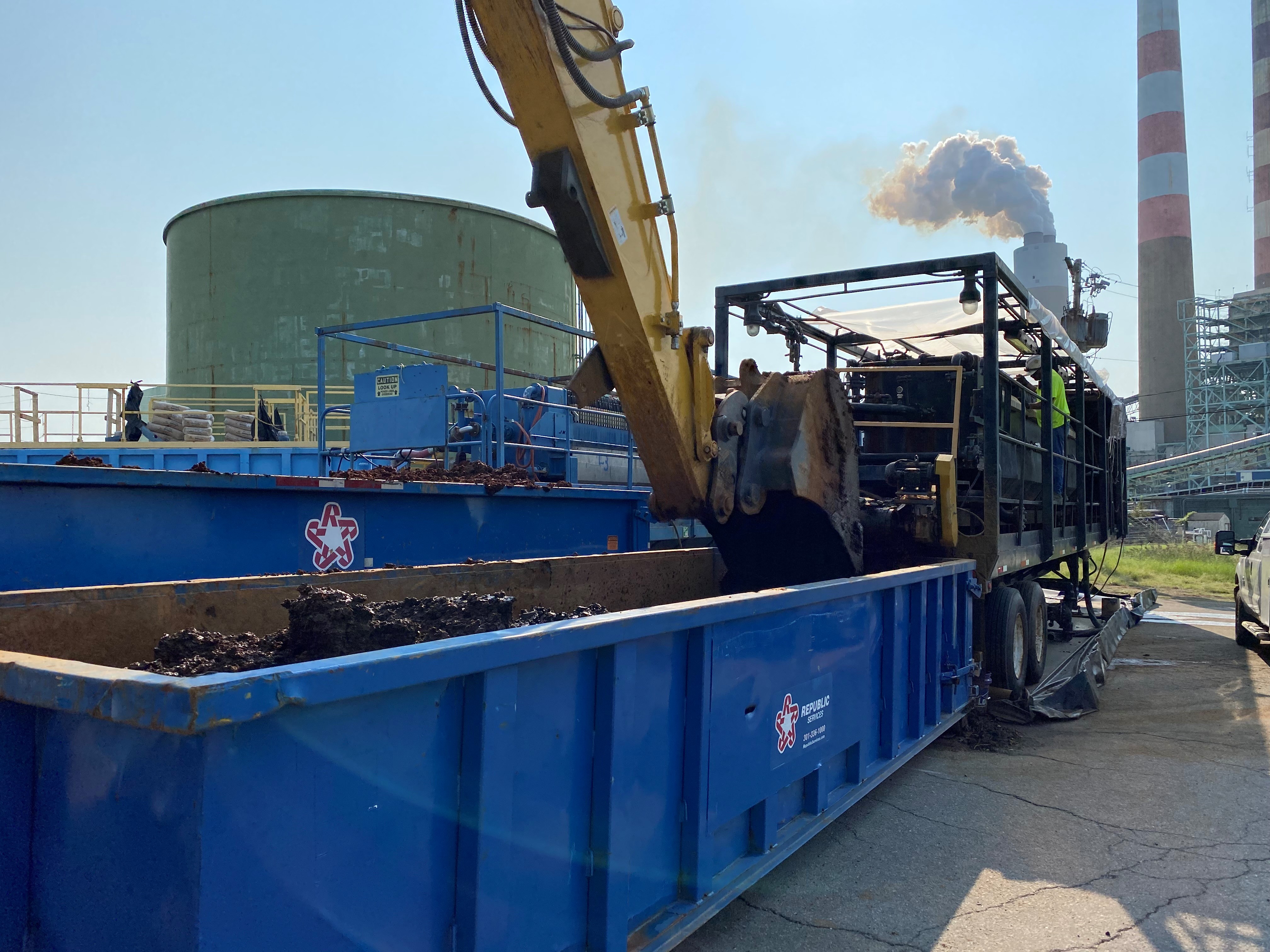 In the world of industrial processes, the separation of solids and liquids stands as a critical operation across various sectors such as pharmaceuticals, chemical manufacturing, wastewater treatment, and more. Two prominent technologies that facilitate this separation are industrial centrifuges and filter presses. While both serve the purpose of separating substances, they employ distinct mechanisms that guarantee a closer look to understand their differences and applications.
In the world of industrial processes, the separation of solids and liquids stands as a critical operation across various sectors such as pharmaceuticals, chemical manufacturing, wastewater treatment, and more. Two prominent technologies that facilitate this separation are industrial centrifuges and filter presses. While both serve the purpose of separating substances, they employ distinct mechanisms that guarantee a closer look to understand their differences and applications.
Industrial Centrifuge
Industrial centrifuges operate on the principle of centrifugal force, utilizing high-speed rotation to separate substances of different densities. This technology finds extensive use in industries requiring precise separation and clarification of liquids from solids or liquids of varying densities. Here are some key aspects of industrial centrifuges:
- Centrifugal Force: The centrifuge's spinning motion generates centrifugal force, causing denser particles to move outward and settle at the bottom while lighter components remain closer to the center.
- Applications: Centrifuge is most useful for the following applications, oily sludge dewatering water and wastewater treatment sludge dewatering.
- Efficiency: Centrifuges offer high efficiency and can handle large volumes of material, making them ideal for continuous processing in industrial settings.

Filter Press
On the other hand, the filter press relies on pressure-driven filtration to separate solids from liquids. These systems are characterized by a series of chambers and filter plates that apply pressure to facilitate filtration. Here are the key features of filter presses:
- Pressure Filtration: Unlike centrifuges that rely on centrifugal force, filter presses apply mechanical pressure to force the liquid through a filtration medium, typically a filter cloth or membrane.
- Batch Processing: Filter press systems are often used for batch processing, where a specific volume of material is processed at a time, allowing for controlled filtration and solid-liquid separation.
- Applications: They are commonly employed in industries dealing with slurry dewatering, and chemical processing (for separating solids from liquid chemical mixtures).

The choice between an industrial centrifuge and a filter press depends on several factors including the nature of the materials to be separated, desired productivity, required moisture levels, and the overall process efficiency. Centrifuges excel in continuous processing and handling large volumes, while filter presses offer precise filtration and are suitable for batch processing and fine particle separation.
Both industrial centrifuges and filter presses play crucial roles in industrial separation processes, each offering unique advantages based on specific application requirements. Understanding their mechanisms and capabilities is essential for selecting the most suitable technology to achieve efficient and effective separation operations in various industries.
Handex, has hundreds of success dewatering project stories and can put together a plan that works for you. For more information about our industrial dewatering services click here, request a free quote, or contact us.


